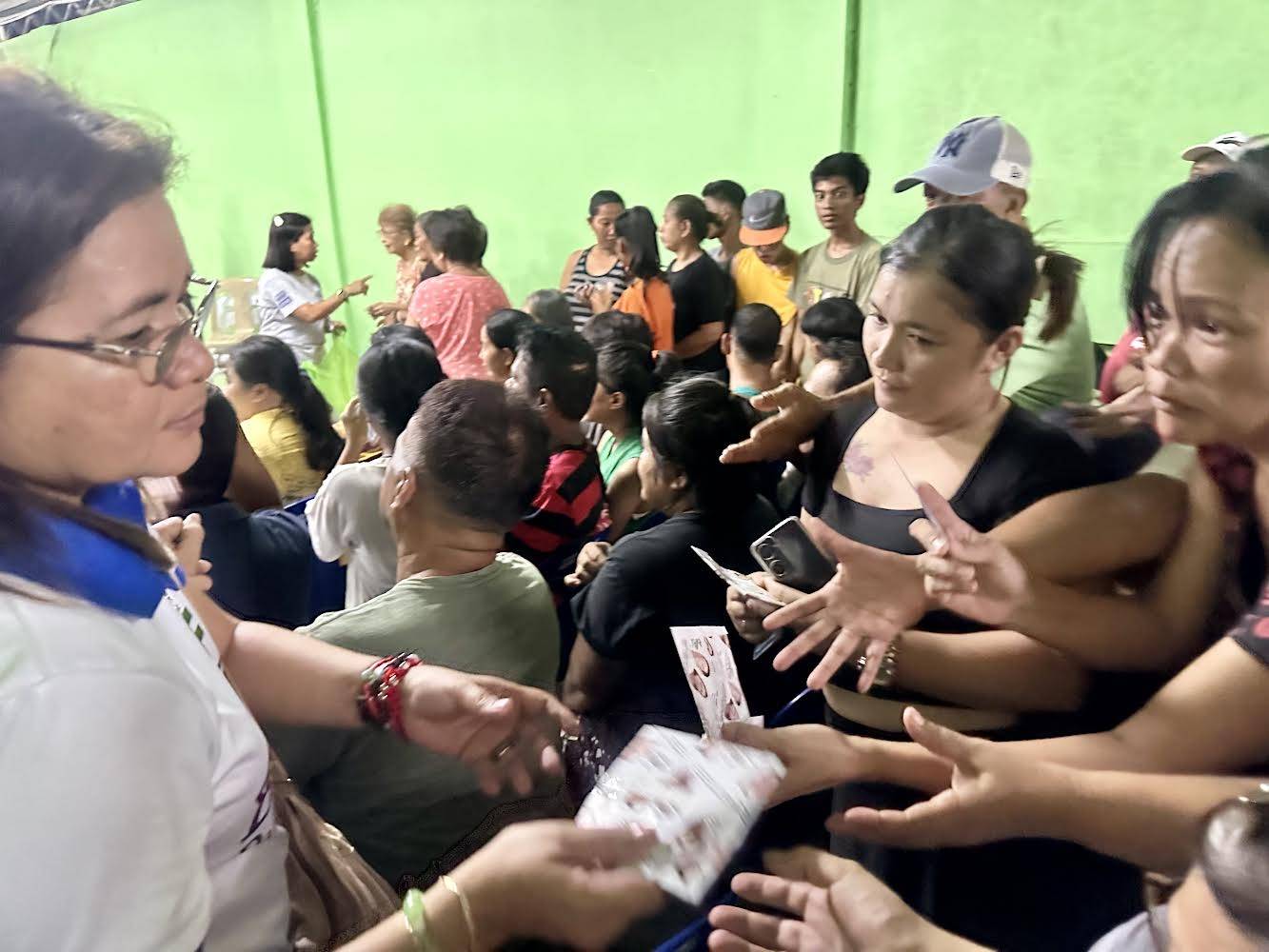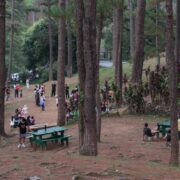Leptospirosis deaths up in Bulacan, Bicol

CITY OF MALOLOS—The number of leptospirosis deaths in Bulacan and the Bicol region continued to rise, prompting health authorities to intensify their campaign to prevent an outbreak amid the monsoon season.
The six leptospirosis deaths recorded in Bicol came at a time when the region is faced with another health woe: A 40-percent rise in dengue cases from January to August this year compared to the same period in 2023.
In Bulacan, the deaths from the disease caused by the Leptospira virus from the urine of infected animals have risen to 14, up from five just over a week ago, according to the latest report from the Bulacan Provincial Health Office (PHO).
According to PHO chief Edwin Tecson, the nine new deaths were recorded from Aug. 11-21, noting that the City of Meycauayan had the highest number with three deaths, followed by two each in the City of San Jose del Monte and Obando town. The other fatalities occurred in Balagtas, Bulakan, Calumpit, Guiguinto, Hagonoy, Marilao and Pandi, with one death in each.
Before this period, the PHO had recorded only five deaths since the start of the year, all of which occurred between June and August.
The total number of leptospirosis cases in the province from Jan. 1 to Aug. 21 surged to 146, a 68-percent increase compared to the 87 cases reported during the same period in 2023. The affected age range has widened from 7 to 79 years old to now include those from age 5 to 81. But the fatalities mainly involved individuals age 15-19, Tecson added.
Leptospirosis is a potentially fatal bacterial infection that can cause severe complications. It is commonly transmitted to humans through the urine of rats, particularly in floodwaters.
Advisory
To combat the spread of the disease, the PHO has distributed 500 boxes containing a total of 57,000 capsules of doxycycline as both preventive and postinfection treatment.
These were provided to residents in towns and villages submerged in floodwaters for over three weeks in late July due to Supertyphoon “Carina” (international name: Gaemi) and the southwest monsoon that hit Metro Manila and Central Luzon.
PHO Education and Promotion Officer Patricia Alvaro-Castro emphasized the importance of wearing boots and keeping surroundings clean, particularly in areas with stagnant floodwaters.
Flooding in Marilao and Meycauayan reached up to 3.66 meters (12 feet) on July 24 at the height of Carina.
In Bicol, six people have died from leptospirosis infection from Jan. 1 to Aug. 10 this year, according to a Department of Health (DOH) report on Thursday.
Two of the deaths were recorded in Masbate province, while Albay, Camarines Sur, Camarines Norte and Catanduanes recorded one death each.
Throughout the region and within that period, the DOH recorded 65 cases of leptospirosis.
The DOH reminded the public to avoid swimming and submerging in contaminated water or floodwater or use boots and gloves when it could not be avoided; to drink only clean water; ensure proper disposal of waste; maintain a clean surrounding; and wash with clean water when exposed to potentially contaminated water or floodwater.
Health officials in Bicol also advised the public to take precautionary measures this rainy season due to rising dengue cases in the region.
Dengue cases
The agency logged 715 dengue cases from Jan. 1 to July 13, marking a 40-percent increase from the 512 cases reported during the same period in 2023.
According to the DOH, two dengue victims died in Catanduanes, three in Sorsogon and one each in Albay and Camarines Sur.
The onset of the rainy season has led to a spread of breeding sites for dengue-carrying mosquitoes, the DOH said.
Dr. Francis Gerald Gomez, officer in charge of Legazpi City Health Office, said they already started forums in different villages to inform the public on the prevention against leptospirosis and dengue amid the rainy season.
“Starting next week, we will conduct meetings to ensure preparation for the La Niña phenomenon and to check the availability of medicines in hospitals and local health offices,” Gomez said in a phone interview on Friday.

















